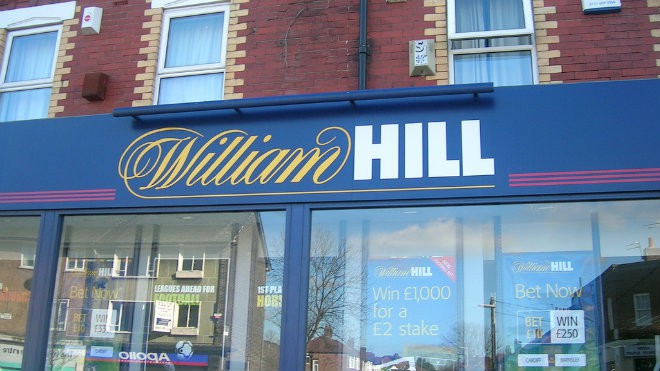These three companies have all reported today, but are any of them worth buying for long-term investors?
Bellway
Housebuilder Bellway (LSE: BWY) has issued a trading update that shows sales for the full year are expected to rise by 27% and the company is due to report a record pre-exceptional operating margin of 22%. This is 1.5% higher than in the previous year and shows the positive impact of previously made efficiencies.
Bellway has a strong balance sheet with a net cash position of £26m and its forward order book comprises 4,644 homes with a value of over £1.1bn. This provides it with a solid foundation for the next financial year and while the outlook for the housing sector is uncertain, Bellway is well-positioned to maximise its sales and earnings.
Furthermore, Bellway offers a wide margin of safety. It trades on a price-to-earnings (P/E) ratio of only 7 and while earnings are forecast to fall by 5% next year, its valuation appears to take this into account. Therefore, for less-risk averse investors Bellway could prove to be a sound long-term buy.
William Hill
Also reporting today was William Hill (LSE: WMH). The betting and gaming company is on track to deliver on its 2016 operating profit guidance, with a strong Euro 2016 football tournament generating a total £36m gross win. This helped to mitigate the impact of losses at the Cheltenham festival and with William Hill making strong progress with its turnaround strategy, its outlook continues to become increasingly bright.
Its US operations continue to grow rapidly, while its Australian division is moving in the right direction. It’s investing heavily in its online capacity, with £90m invested in NYX with a new OpenBet agreement set to deliver an enhanced technology platform. This has the potential to positively catalyse the company’s earnings, although William Hill is expected to report a fall in earnings of 9% this year, which could hurt investor sentiment in the short run.
However, with growth of 12% expected next year, its price-to-earnings growth (PEG) ratio of 1.1 indicates that over the medium-to-long term its shares could turn around their 21% fall since the start of 2016.
Esure
Meanwhile, motor and home insurance specialist Esure (LSE: ESUR) has fallen by 5% today after releasing first-half results. Gross written premiums increased by 16.3% and the company’s successful turnaround of its price comparison site Gocompare.com continues. Its revenue increased by 22.3% and operating profit rose by 9% due largely to improved marketing and a focus on a wider product offering.
Looking ahead, Esure is expected to grow its earnings by 14% in the current year and by a further 18% next year. This puts it on a PEG ratio of 0.6, which indicates that its shares offer growth at a very reasonable price. Furthermore, Esure yields 4.4% and dividend coverage of 1.6 indicates that further dividend growth lies ahead, which makes Esure an excellent income choice.







